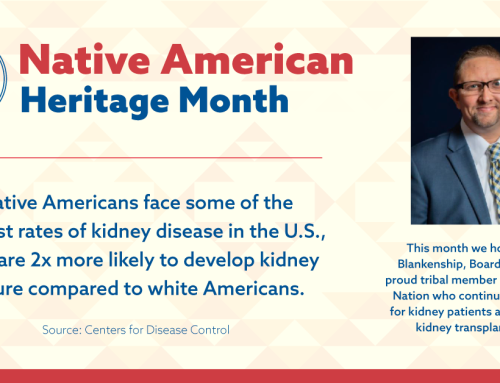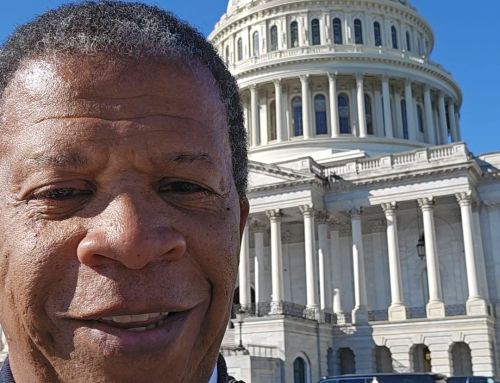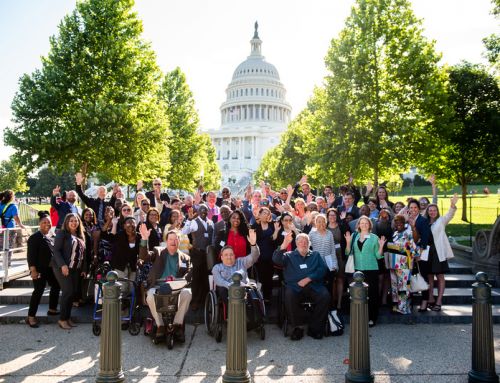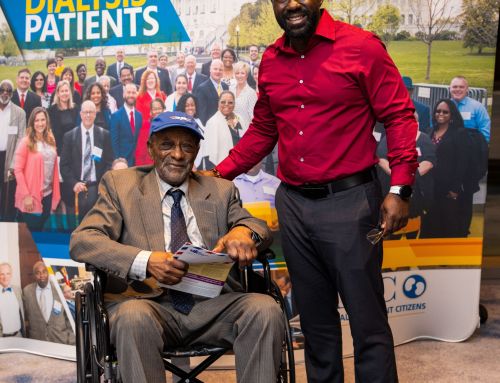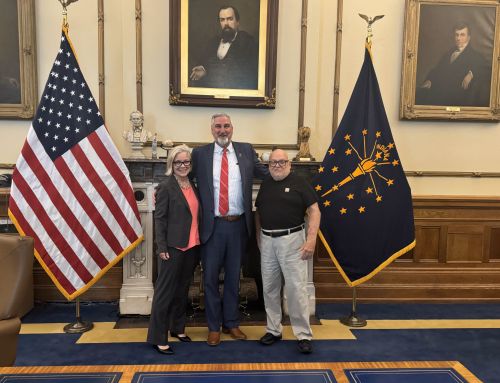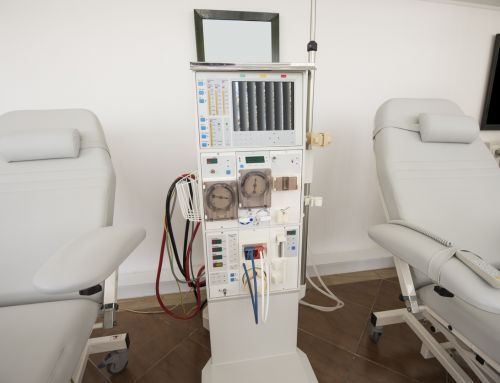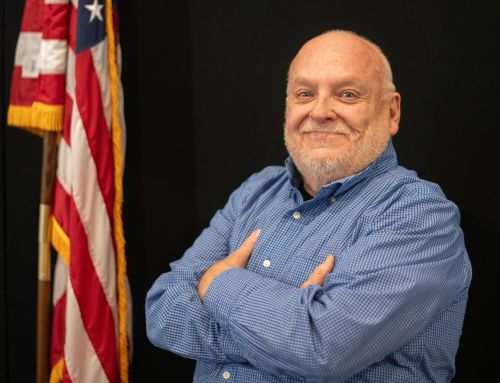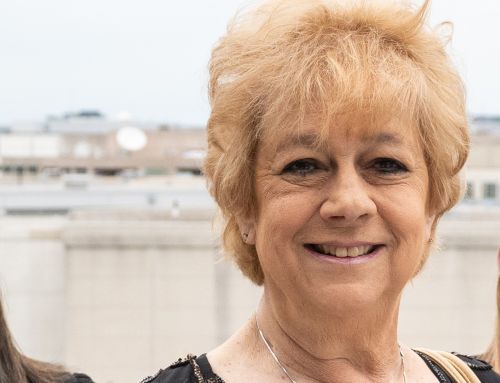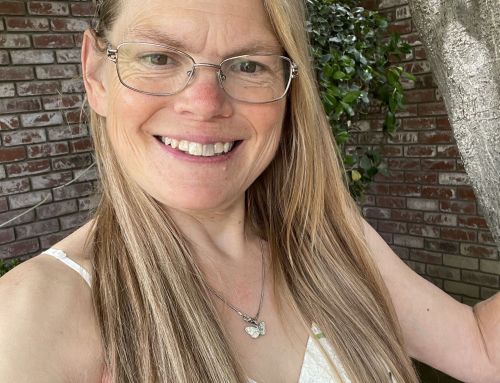WASHINGTON, D.C. (December 20, 2023) — Dialysis Patient Citizens (DPC), the leading advocacy organization for dialysis patients nationwide, today released the following statement applauding the introduction of the Restore Protections for Dialysis Patients Act by Representatives Mike Kelly (R-PA), Yvette Clark (D-NY), Neal Dunn (R-FL), Danny Davis (D-IL), John Joyce (R-PA), and Raul Ruiz (D-CA) to restore access to critical health insurance coverage for patients who choose it.
“We applaud Representatives Kelly, Clark, Dunn, Davis, Joyce, and Ruiz for standing with dialysis patients by introducing this critical legislation,” said DPC Board President Andrew Conkling. “For decades, many patients have relied on the ability to maintain their full employer-provided insurance coverage for 30 months after being diagnosed with End Stage Renal Disease (ESRD), as this gave them consistency and stability in the early days of treatment. Yet the Supreme Court’s ruling in Marietta Memorial Hospital v. Davita muddies the waters and could force many patients to deal with the hassle of changing insurance while also adjusting to life on dialysis. This bill will clarify the law to preserve patient choice, encourage providers to properly treat kidney disease in the critical early stages, and prevent discrimination against a vulnerable group of patients.”
Background
The law has long allowed ESRD patients to remain on employer-sponsored health coverage for 30 months following their diagnosis, a fair period of time before transitioning to Medicare as their primary insurance provider. However, in Marietta Memorial Hospital v. Davita, the Supreme Court ruled that employers and insurers can impose low rates for dialysis or use other benefit limitations forcing patients to drop coverage and switch to Medicare prematurely.
This upended an interpretation of existing law which stood for 40 years, wherein employers understood the law to prohibit limitations specific to dialysis treatments. Employer-sponsored plans hold enormous importance for many patients and their families, often offering more comprehensive care options not covered by Medicare.
###






